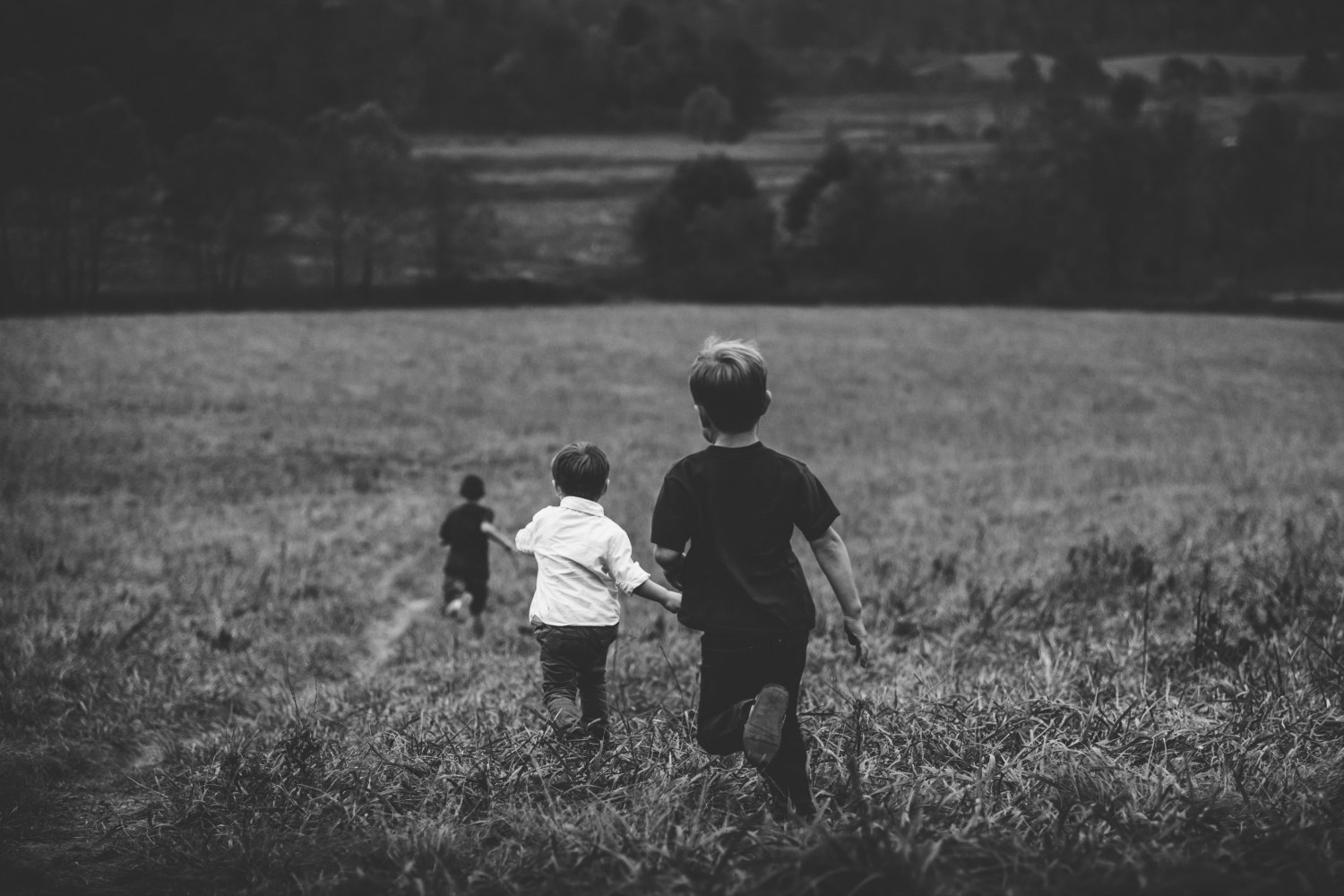In October we hosted the second annual Symposia: An Intersection of Conversation & Innovation, a forum in which alumni of The Seattle School presented the ongoing work they are pursuing at the intersection of text, soul, and culture. Integrative education does not end at graduation, and our alumni are proof of that. Symposia highlights the ways that Seattle School alumni are continuing to wrestle with big questions and big dreams in theology, psychology, and culture.
This week, we’re featuring a presentation by Jeremy Dew (MACP, ‘10), “Practical Parenting: When Good Enough Is Good Enough, Even for the Trained Professional as Parent.” Jeremy works professionally to create space for kids to be heard, but he found that his “aspirations to be this never failing, all-attuned listener” were infinitely complicated once he had kids of his own. Jeremy quickly learned that failure and moments of misattunement are inevitable, and that our common bent toward perfectionism leads many parents to the anxious feeling of never being good enough.
“What does it look like to find a more human way to parent?”
“Our kids come out expecting us to be God—this all-knowing, all-understanding one. But the development of childhood is them actually discovering we’re not. […] The gift of our failures is that our kids take on these healthy doses of stress and disappointment in relationships. It begins with us, and then it prepares them for understanding that ruptures happen in relationships, even the most intimate ones.”
Often, what creates the most significant harm in childhood is not the inevitable rupture, but the lack of repair. Jeremy, who works in Texas as a professional counselor supporting parents around effective strategies for parenting and attachment, shares what he has learned about repairing connection with his children after moments of misattunement, with play being a primary conduit for that repair.
“Play as a ritual in the family invites us to resurrect or reconcile us to what we were meant to be, and I think that this is primarily initiated and ushered by our children. Here, our children are the authority on freedom and connection. […] I find that when I can relax into my children’s play, I like myself a lot more as a parent—whether my kids are behaving or not.”

